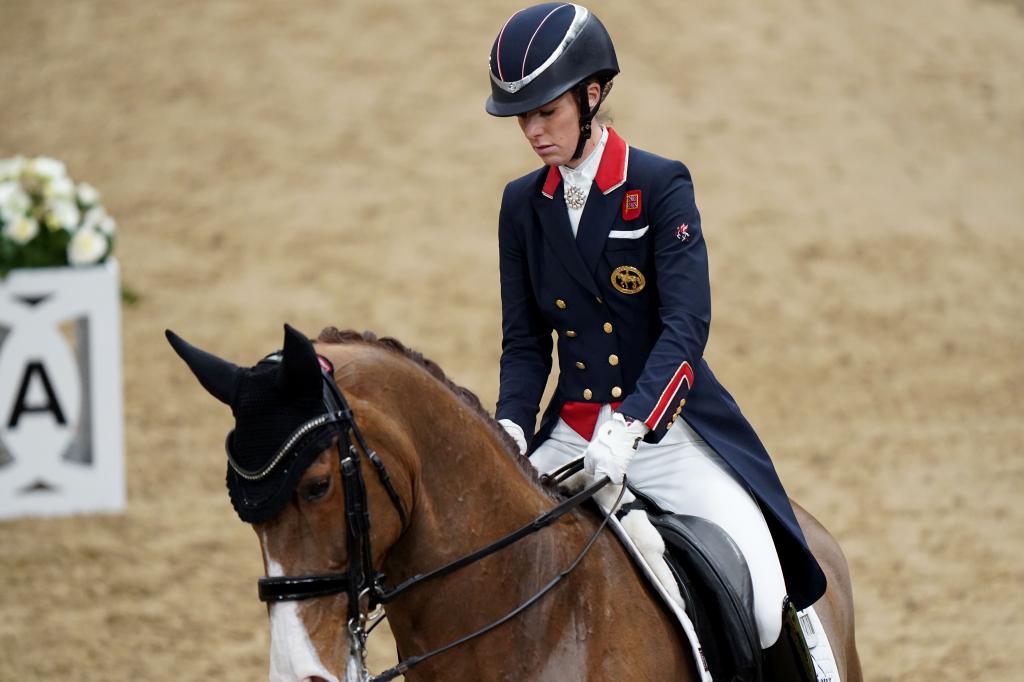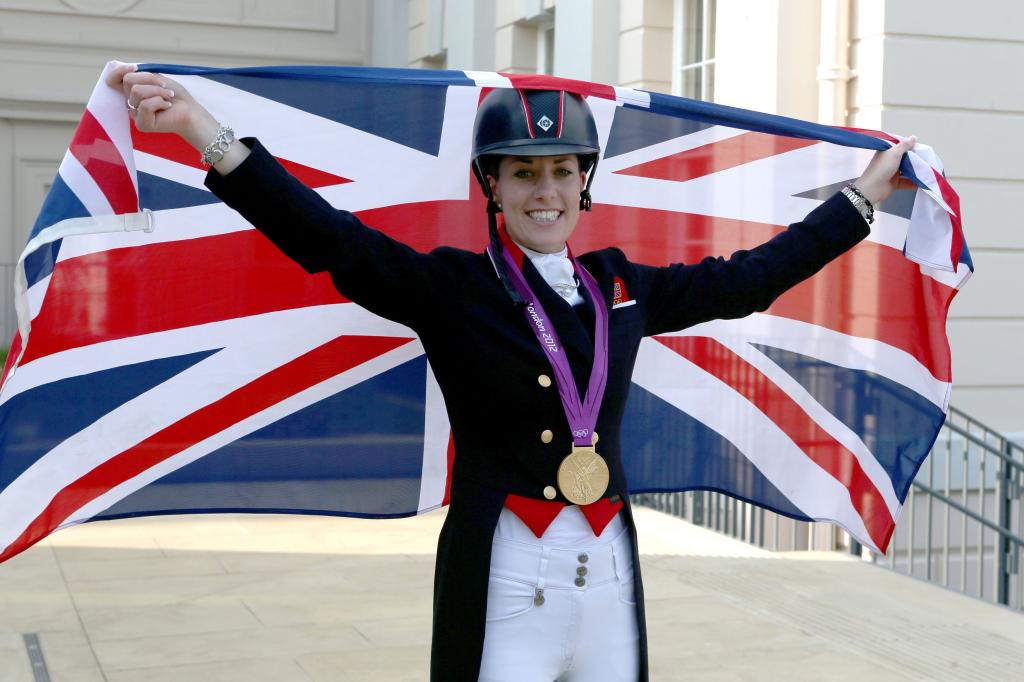Charlotte Dujardin’s Suspension and Its Impact on Equestrian Ethics
Discover how Charlotte Dujardin's suspension highlights urgent issues in equestrian ethics and the importance of horse welfare in competitive sports.

Key Points
- Charlotte Dujardin faced a one-year suspension for excessive whipping of a horse, highlighting serious concerns about animal welfare in equestrian sports.
- The incident has led to widespread condemnation and significant repercussions, including loss of sponsorships and public funding eligibility.
- This situation emphasizes the need for improved education on compassionate training methods and ethical conduct within the equestrian community.
Charlotte Dujardin, a name synonymous with equestrian excellence, has recently found herself at the center of controversy following a suspension by the
(FEI). A three-time Olympic gold medalist, Dujardin's journey through the world of dressage has been inspiring, yet this incident has sparked significant discussion about horse welfare and the ethical treatment of animals in the equestrian community. As fans and fellow athletes reflect on this situation, it opens a broader dialogue about integrity and responsibility in sports.

The Incident and Its Consequences
On July 23, 2024, an investigation was launched into a video that surfaced, showing Dujardin using a whip excessively on a horse during a training session. This video, which captured an unsettling moment two years prior, led to widespread condemnation and scrutiny of her methods. Dujardin's response was immediate and candid; she acknowledged her actions as an error in judgment, stating, “What happened was completely out of character and does not reflect how I train my horses or coach my pupils”.
The FEI subsequently imposed a one-year suspension and a fine of 10,000 Swiss francs (approximately $11,300). This decision prevents Dujardin from competing until July 2025, effectively sidelining one of Britain’s most celebrated athletes during a critical period leading up to the Olympics. Her choice to withdraw from the Paris Games reflects a commitment to the integrity of the sport and her teammates.

The Broader Implications for Equestrian Sports
This incident has ignited a necessary dialogue regarding horse welfare standards in competitive equestrianism. Dujardin's case underscores the need for strict guidelines to ensure humane treatment of horses in training. The FEI's actions demonstrate that there is zero tolerance for behavior that contradicts the principles of animal welfare. The substantial consequence faced by a high-profile athlete like Dujardin sends a strong message about accountability in sports.
Moreover, Dujardin's reputation and public image have also been significantly impacted. Major sponsors have distanced themselves, and organizations like
have suspended her access to public funding. This reaction from the business and sporting community signifies a growing expectation for athletes to embody the principles of ethical sportsmanship.
Future Considerations for Athletes and the Community
As the equestrian community moves forward, it is essential for athletes, coaches, and organizations alike to prioritize education on animal welfare. Workshops and training programs aimed at emphasizing compassionate training techniques could be beneficial. Dujardin's situation could serve as a catalyst for reform, encouraging a culture of empathy and conscientiousness within the sport.
The equestrian world thrives on the bond between rider and horse; thus, enhancing that relationship through positive practices is paramount. Encouraging open discussions about training methods, along with reviewing best practices for welfare, may lead to significant advancements in how the sport is approached.
In summary, Charlotte Dujardin's suspension serves as a pivotal moment for equestrian sports, prompting crucial conversations about animal welfare and ethical conduct. While this incident has undoubtedly been a challenging chapter for Dujardin and her career, it also presents an opportunity for growth and improvements within the broader community. As athletes and organizations reflect on this case, it may become a stepping stone toward a more compassionate future for equestrianism.